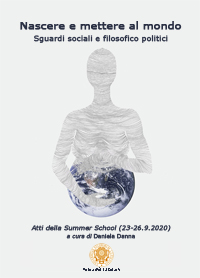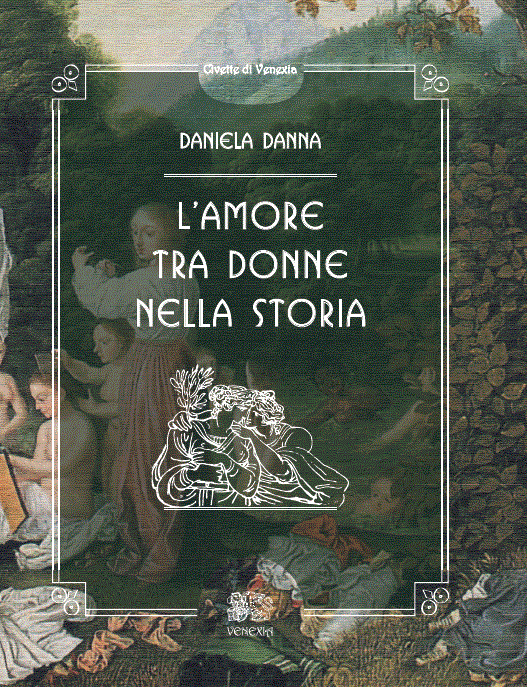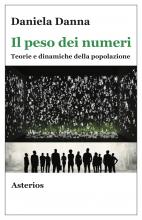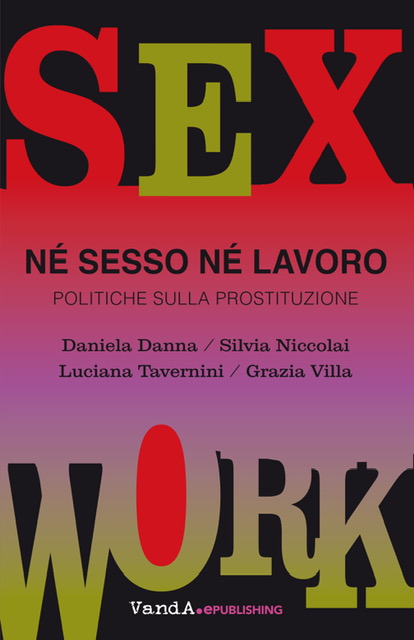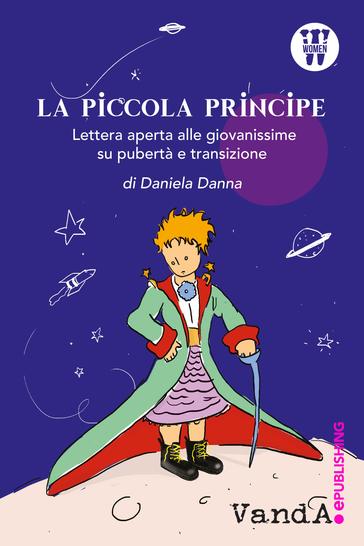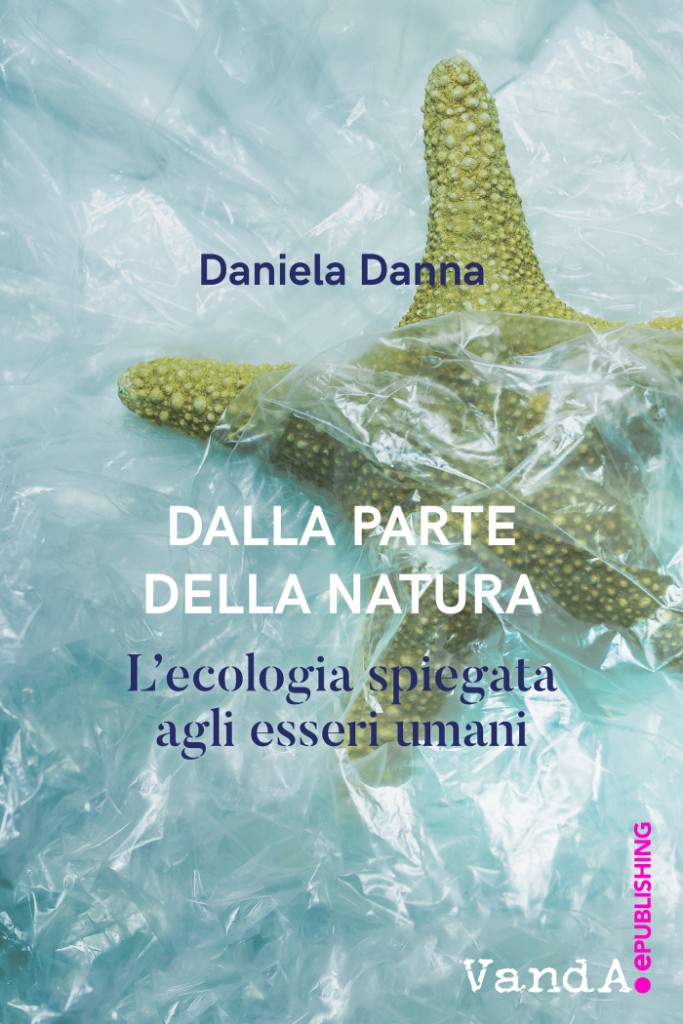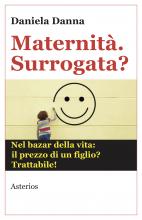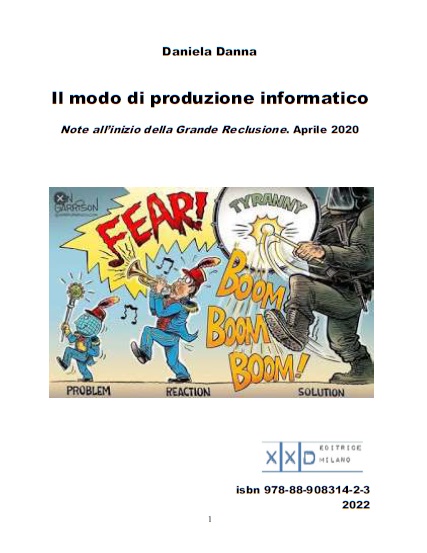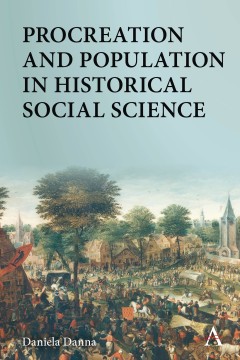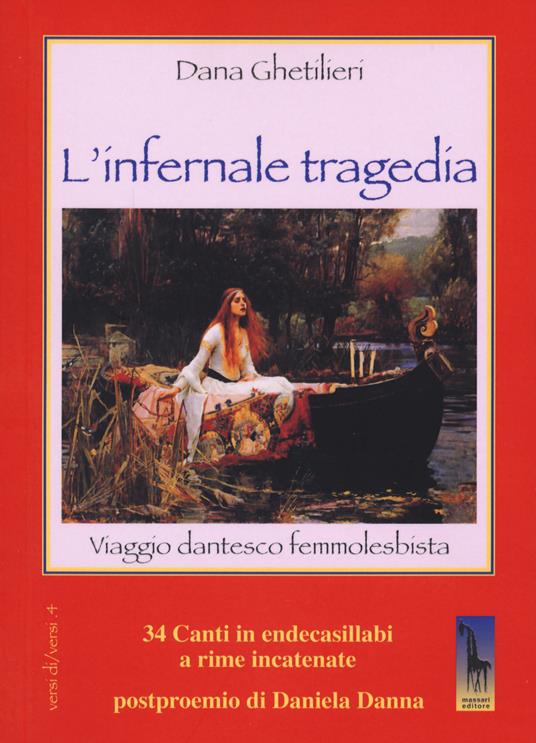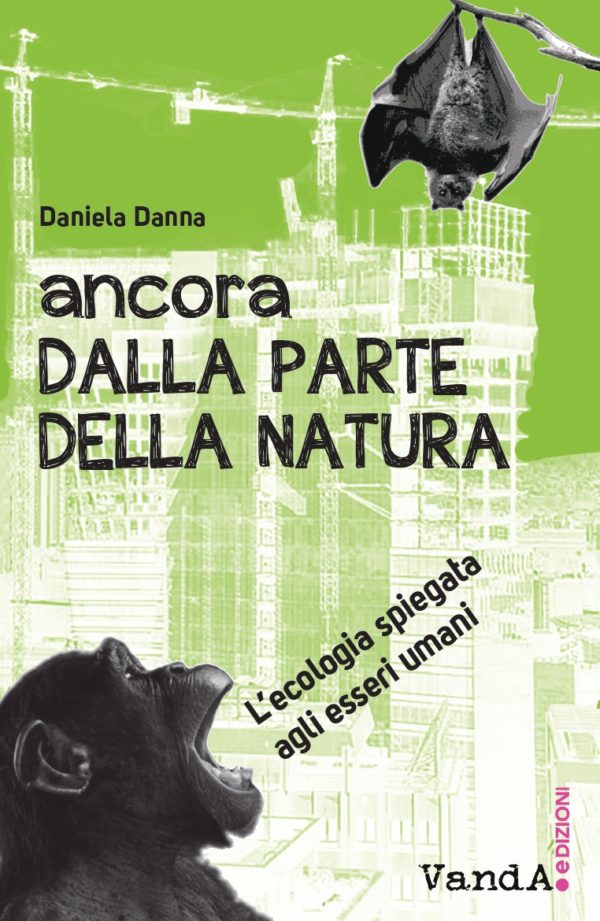Non-monogamies and contemporary intimacies, conference in Lisbon
Conference website:
https://nmciconference.wordpress.com/
Audio:
https://www.dropbox.com/s/is36tdc17qgk5n6/danna%20poly%20lisboa.MP3?dl=0
My abstract:
What is a family? Sexual and dependency ties in law and utopia
The legal recognition of polyamorous relationships is proposed and debated (e.g. Aviram 2008, Stricherz 2013), opening up the issue of what should a legally recognized family be founded upon. In our present liberal geoculture (Wallerstein 1992) this issue pertains to the relationship between the public and private spheres, but the critical approach promoted by second-wave feminism (“The personal is political”) denounces the separation of a private (female and inferiorized) sphere as an ideological construction serving male power.
Can we do away with separating the private and the public? Need we not a private sphere, at least to protect “deviants” from the enforcement of (private) morality in the public sphere (e.g. by losing one’s job)? What should be public and what should be private in one’s existence? What to do about the social and legal recognition of social, emotional, and caring ties and relationships? Can we just focus on the rights of the (single, monogamous, polyamorous) individual, as for example lesbian activists have proposed in Italy and elsewhere?
According to the family law expert Martha Fineman, sex is private while the relationship between a dependent and a caregiver should be publicly recognized as “family,” collectively helped. “Family” should be epitomized not by the conjugal bond but by a Mother/Child dyad, comprising all other cases of necessary care (Fineman’s proposal has ambiguities: what about an ill person only temporary dependent?). Is her vision doing away with the concept of “private sphere” or is it reinforcing an instrument of the current power hierarchies?

